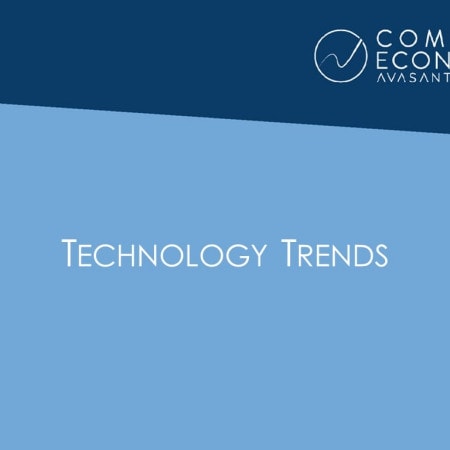-

Fundamentals of Intellectual Property
National and local governments around the world have their own sets of laws and rules to protect intellectual property. An individual or company can register with the appropriate governmental authority to protect its intellectual property rights. Avasant’s 'Fundamentals of Intellectual Property paper' offers an overview of four areas of Intellectual Property: Patent, Trademark, Copyright, and Trade Secret.
August, 2019
-

Fundamentals of Copyright Law
Copyright exists as soon as an original work is fixed in a tangible medium. That is, it is not necessary to register a work with the government to own the copyright in the work. Rather, a copyright is automatically granted by law. Registering the work with the government, however, has several advantages. In the U.S., the United States Copyright Office handles copyright registration. To register, a copyright owner needs to file a copyright application, pay an associated filing fee, and deposit a copy of the copyrighted work.
August, 2019
-

Deep Linking Lingers On (Jun 2002)
One of the most fundamental characteristics of the Internet, perhaps the one feature which defines the vast, interconnected array of communications and computer systems, is the ability to direct users seamlessly from one point to another. That feature is generically referred to as "linking." Linking takes many forms, and depending on such factors as the content, the context, and the relationship between the two sites involved, the practice gives rise to many legal issues and several unresolved questions.
June, 2002

 Grid View
Grid View List View
List View